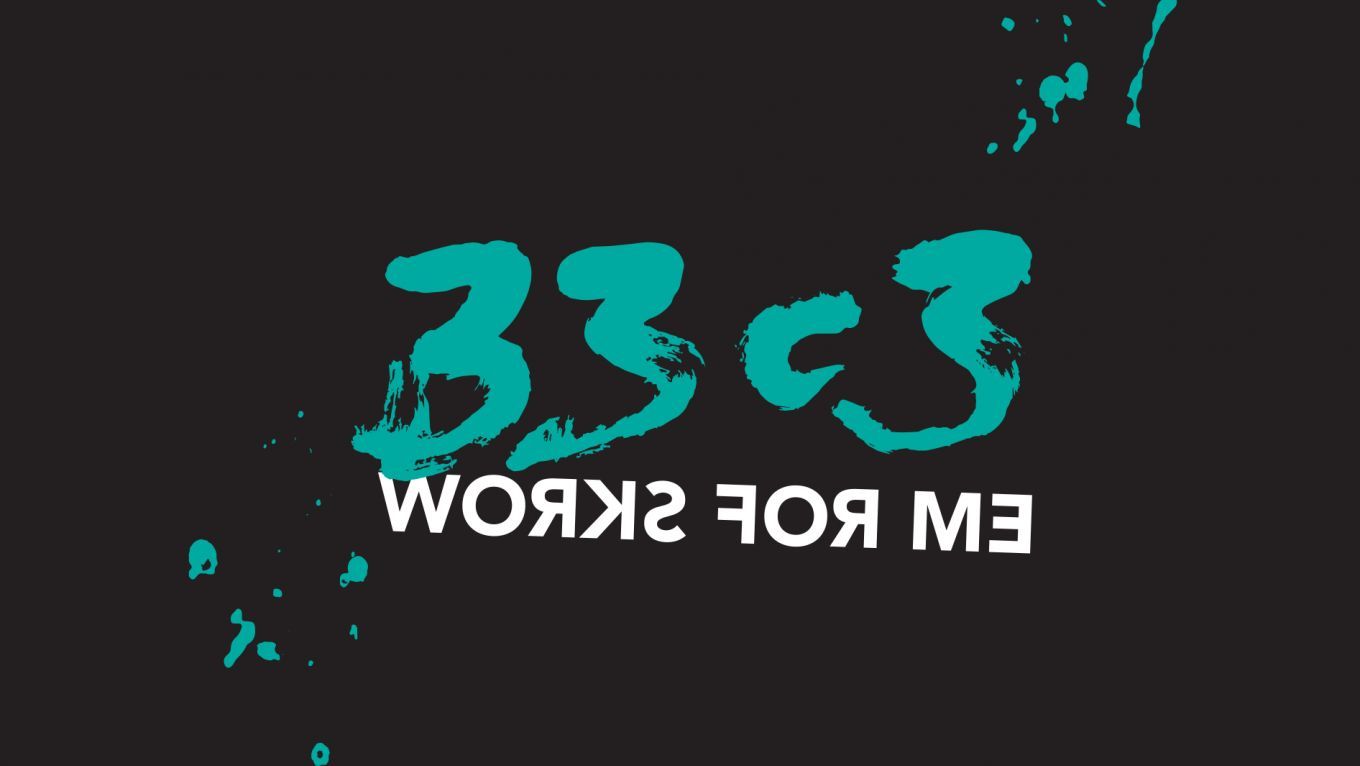Ethics, Society & Politics
The Economic Consequences of Internet Censorship
Why Censorship is a Bad Idea for Everyone
Internet censorship today is widespread, both by governments and by private entities. Much of the discussion so far has focused on political and social effects of this censorship. However, censorship also has a clear effect on the economic structure of society that has not been explored.
When censorship increases the cost of information, it also increases the cost of doing business as a whole. At the same time, however, censorship can also serve as protectionism. How large and pervasive the impact on an economic system is, is difficult to gauge. Even more so, getting reliable information about censorship and its economic effects is a real challenge.
This talk seeking to establish a link between censorship and economic performance and is based on my PhD project in Economics at the University of Duisburg-Essen.
Censorship is “the control of the information and ideas circulated within a society”. Governments have tried to control information for as long as they have existed, but new technologies have changed censorship significantly. Internet censorship today is widespread. Governments and companies differ in both the extent of their censorship and the technical implementation. I conceptualize censorship as falling on a continuum between the theoretical ideal state of “no censorship”, most closely approximated by Iceland (Freedom on the Net 2014) and pervasive censorship and isolation, like in North Korea.
In the series of papers I am currently writing as part of my PhD in Economics, I focus on both theoretical arguments on the possible costs (and benefits?) of censorship for economies, and try to construct a reliable estimate. Having a background in China was a main motivation for this project, as censorship is so wide-spread there. The US has recently dubbed “The Great Firewall” protectionism, but did not further elucidate what is meant by this.
The economic effects of internet censorship have not been studied comprehensively yet. However, with our move towards an information society, and the rise of an “internet industry”, censorship is clearly becoming more important. We see censorship shaping entire industries in countries like China, where the government outsourced some of its censorship activities to select firms. Even beyond extreme examples of censorship like China, the impact on economic activities in a society seems self-evident.
In this talk, I touch on the theoreotical model I am developing, and try to estimate the economic effects of censorship. In doing so, I also try to understand which forms of censorship are most costly for an economy. I believe that societies currently loose a lot of economic welfare through censorship, in addition to the social and political costs that have been focused on previously. In addition, I focus on the difficulties in obtaining data for such a politically-sensitive topic.
Additional information
| Type | lecture |
|---|---|
| Language | English |
More sessions
| 12/27/16 |
As they say in the Air Force, ‚No comms no bombs‘, – A technician’s insight into the invisible networks governing military drones and the quest for accountability
|
| 12/27/16 |
Both strong end-to-end communications encryption and device encryption are legal in most jurisdictions today, and remain widely available. Yet software programmers and hardware producers are increasingly under pressure from law enforcement and policy makers around the world to include so-called backdoors in encryption products.
|
| 12/27/16 |
Polizeibehörden und Geheimdienste sammeln Daten der Bürger – mehr als je zuvor. Der Bestand an unterschiedlichen Datenbanken ist enorm gewachsen und geradezu unübersichtlich geworden. Aufgrund datenschutzrechtlicher Regelungen gibt es für etliche dieser Datenbanken einen gesetzlichen Auskunftsanspruch des Bürgers.
|
| 12/27/16 |
In early 2015, the Federal Bureau of Investigation hacked computers in Austria, Denmark, Chile, Colombia, Greece, and likely the United Kingdom and Turkey too. In all, the agency used a Tor Browser exploit to target over 4000 computers spread across the world based on a single, arguably illegal warrant.
|
| 12/27/16 |
This talk presents the results of the technical analysis for the German Parliamentary Committee investigating the NSA spying scandal on geolocation methods in mobile networks.
|
| 12/27/16 |
Nach drei Jahren wurde endlich die nutzerunfreundliche Praxis des Routerzwangs („Compulsory Routers“) gesetzlich für unzulässig erklärt, und aktuell treibt uns die EU-Funkabschottung („Radio Lockdown Directive“) um. Um was geht es dabei? Und was können wir daraus für andere Fälle lernen?
|
| 12/27/16 |
After three years the EU has for the first time new Net Neutrality rules. What do they mean in practice? Which commercial practices by ISPs are allowed and which have to be punished by the telecom regulator. We give an overview about three years of campaign and where we go from here.
|

